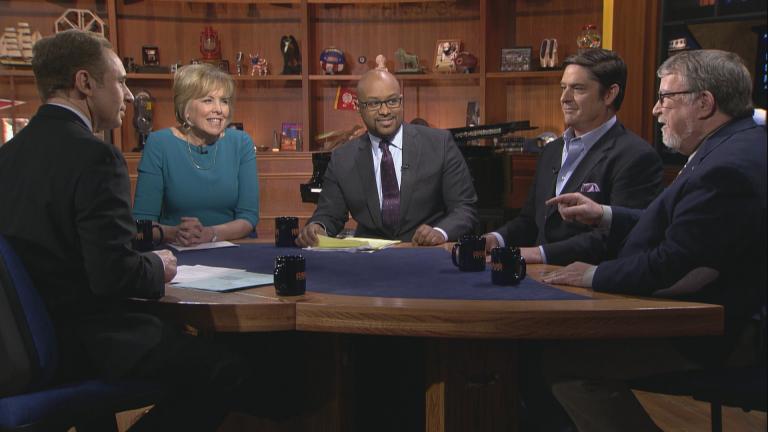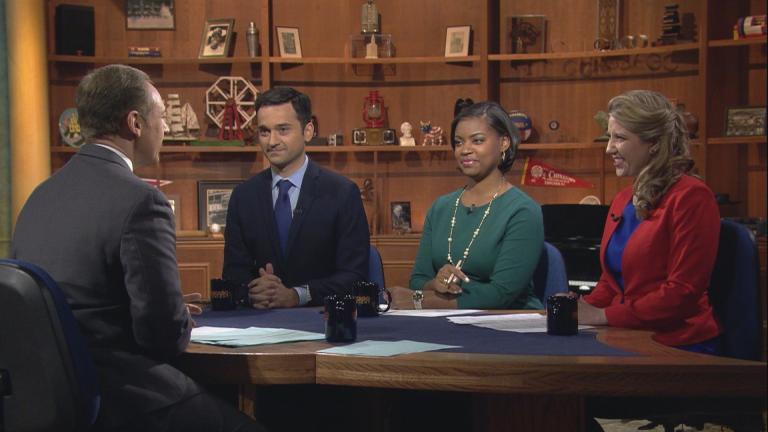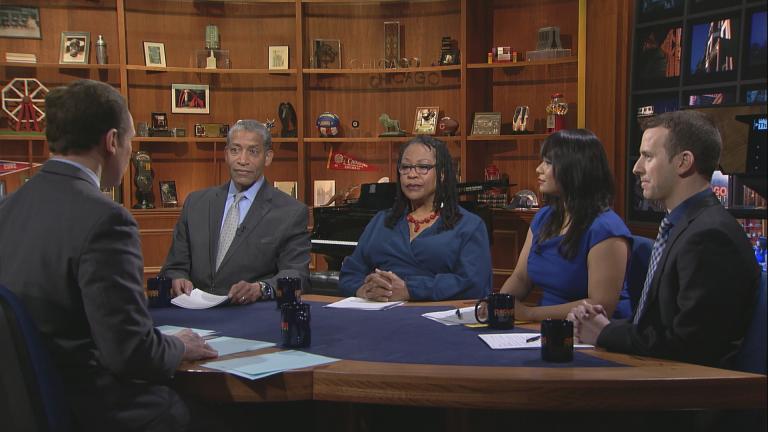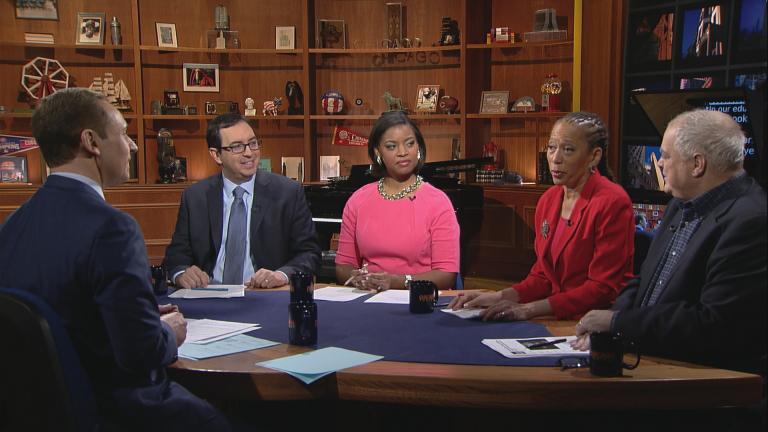Next year marks the 80th anniversary of the premiere of George Gershwin's opera, Porgy and Bess. It may be hard to believe, but in its intial run on Broadway, it received only a lukewarm reception from audiences and critics. But Gershwin was eventually vindicated, and Porgy and Bess now stands as a landmark work and perhaps the best known and most beloved of American operas. Lyric Opera of Chicago is currently presenting a production of Porgy and Bess with two highly acclaimed singers in the lead roles. Eric Owens and Adina Aaron join us to discuss why the classic opera is holding up with modern audiences.
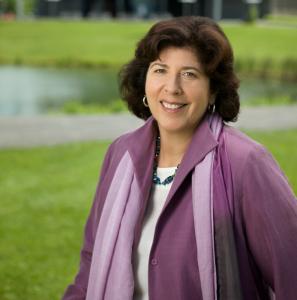 Glimmerglass Festival’s Artistic and General Director Francesca Zambello has been directing opera and theater since 1984, with her American debut with the production of Fidelio. Since then, she has been staging productions at major theaters and opera houses both in the United States and Europe. She first directed the American classic Porgy and Bess in 2005, and is now a part of bringing the opera to life once again at the Lyric Opera. Read an interview with Zambello to learn more about why Porgy and Bess holds a special place in her heart.
Glimmerglass Festival’s Artistic and General Director Francesca Zambello has been directing opera and theater since 1984, with her American debut with the production of Fidelio. Since then, she has been staging productions at major theaters and opera houses both in the United States and Europe. She first directed the American classic Porgy and Bess in 2005, and is now a part of bringing the opera to life once again at the Lyric Opera. Read an interview with Zambello to learn more about why Porgy and Bess holds a special place in her heart.
Tell me about your experience working on Porgy and Bess?
I consider Porgy and Bess the greatest American opera. I’ve directed the opera a number of times and it’s always an incredible and joyous time to come back to. I have a number of close artistic friends in the production, and that friendship allows us to go deeper and deeper each time.
I think the themes in the production are very socially connected to today. In one aspect, there’s the dealing with racism and poverty. On a more positive side, there’s the theme of hope and how it can lift you out of certain circumstances. But overall, it’s always an honor to come back to Porgy and Bess.
What’s it like working with Eric Owens and Adina Aaron, the two leads?
I worked with Eric Owens when I directed Porgy and Bess in San Francisco and I directed Adina Aaron in Aida. In rehearsals, they have a beautiful chemistry and that’s crucial for Porgy and Bess. I felt as though you could not only feel them falling in love, but falling in need of each other. That need is the thing that saves Porgy and transforms him for the better. They are such good and committed actors, and it was a joy to discover that with them.
How has working on this production been different from the others you’ve worked on?
First, it’s American opera, and most are by European composers. That makes it closer to your heart. Personally for me, I find it very empowering. I think, as a woman, I owe so much to the civil rights movement because the women’s movement wouldn’t have happened without it; the gay rights movement wouldn’t have happened without it. In recent years, I realized that and it’s made Porgy and Bess that much closer to my heart.
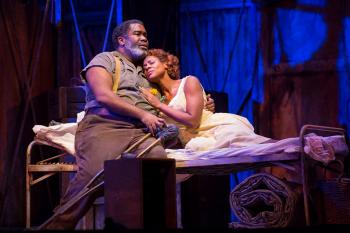 How has the opera changed over the decades? Are there any passages that have been removed or reworked so as not to offend today’s audience?
How has the opera changed over the decades? Are there any passages that have been removed or reworked so as not to offend today’s audience?
When the Gershwins wrote it, I don’t think they realized they were writing such an important work. You have to applaud their bravery that they wrote this opera and said the cast should be all African American. And this was during a time when African Americans didn’t sing at the Metropolitan Opera. They couldn’t have known that this work would be groundbreaking; not only in terms of African American workers but in terms of music.
It broke so many music trials by using American idioms; by using jazz, gospel, folk and integrating it into a new musical language. That language gave us amazing vocals and big hit tunes such as “Summertime” and “There’s a Boat Dat’s Leavin Soon for New York.” It’s consumed into popular culture.
I also think it was really groundbreaking in the beginning. I first directed Porgy and Bess in 2005, and I’ve done it a number of times. What’s interesting is how it keeps coming up in important moments in life. The first time I directed it was right after Hurricane Katrina. It was almost like paying homage. The second time was on the eve of President Obama winning his first term.
I guess there’s this feeling of watching the country change through this small template of an opera for good and bad. The fight against poverty and racism are still major issues, and this piece brings it back to focus on the main stage in a small way.
Next year marks the 80th anniversary for Porgy and Bess. Do you think it will still be a classic 80 years from now?
I think so, because ultimately the social issues are the canvas of the story. The story is about hope and changing your life, and that’s a human story. It wouldn’t matter if it was set in Catfish Row or anywhere else. It’s similar to the way we keep revisiting Shakespeare -- there’s humanness; seemingly simple characters with complex desires.
Interview has been condensed and edited.
View a slideshow of production photos.
Eric Owens and Adina Aaron sing the duet, "Bess, You Is My Woman Now" in this web extra performance.
Lyric Opera is offering a special discount on tickets to Porgy and Bess for Channel 11 viewers. You can receive a 20 percent discount off the purchase of advance tickets to any weekday performance by visiting Lyric's website, choosing a date and entering the promo code WTTW in the upper right corner before selecting your seats. Your discounted price will be reflected on the seating map. Select your seats and proceed to checkout.


